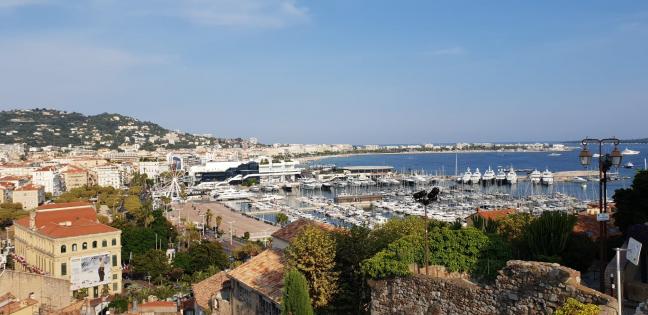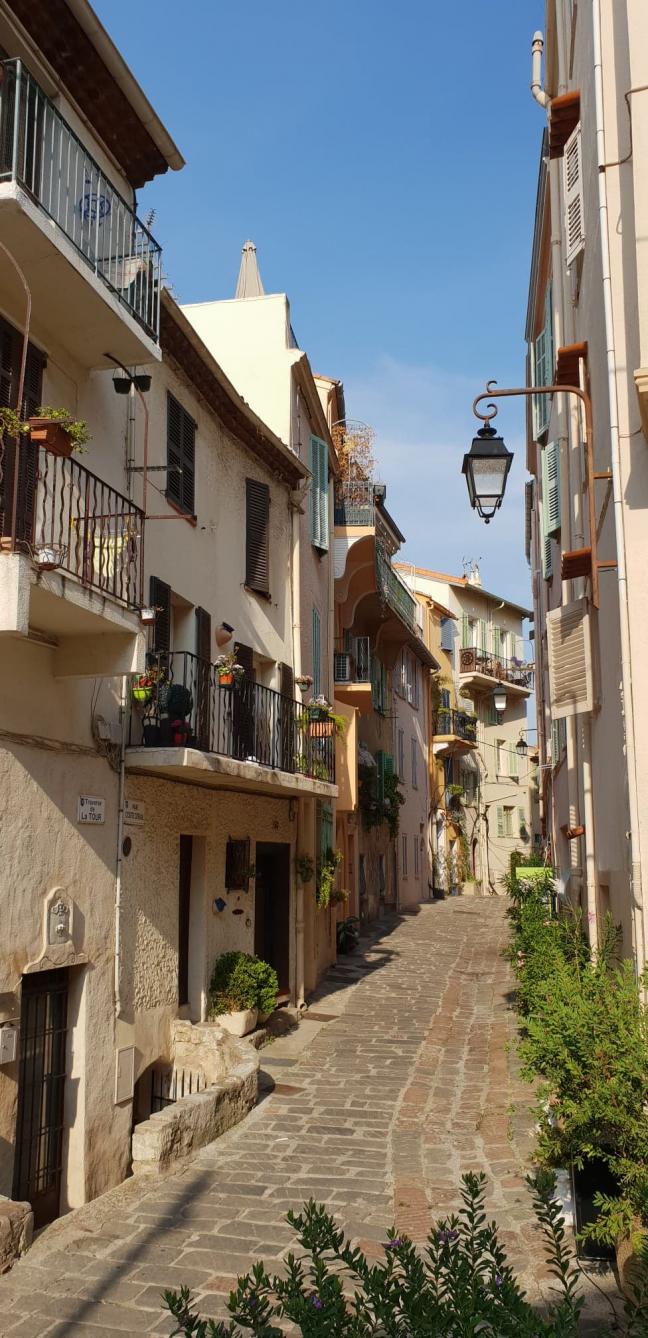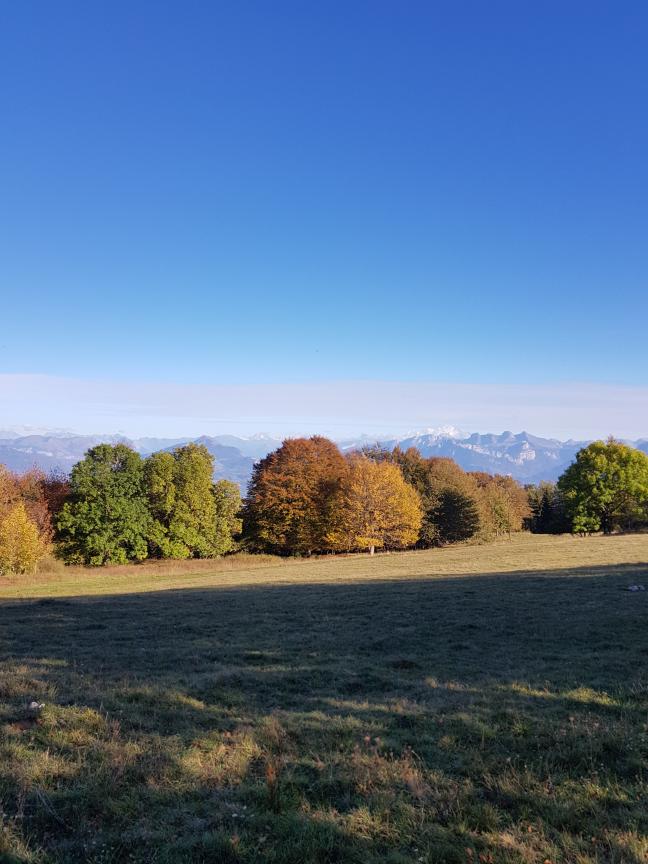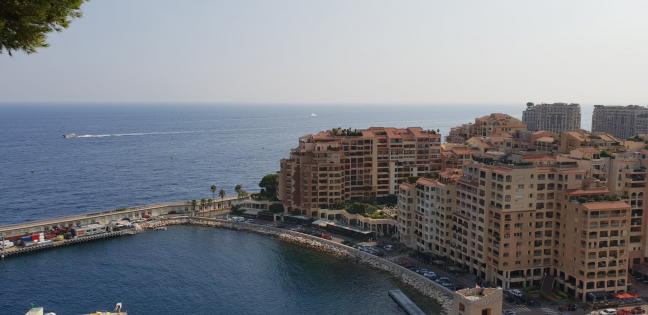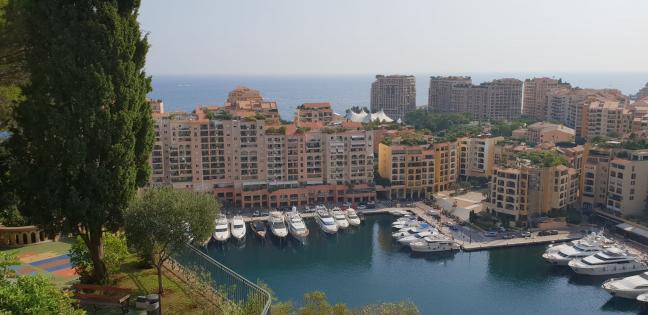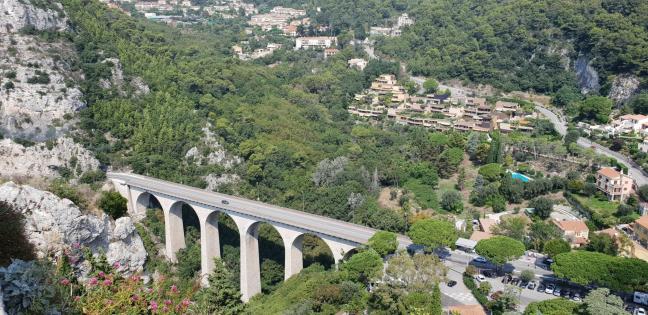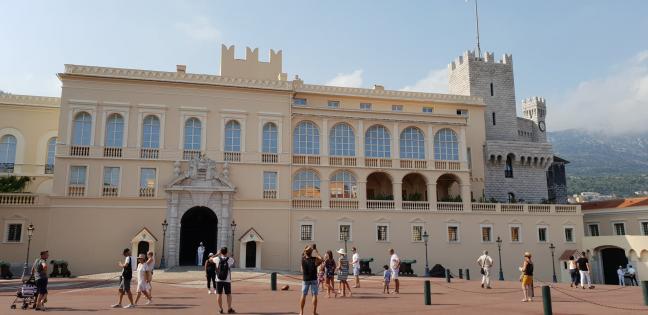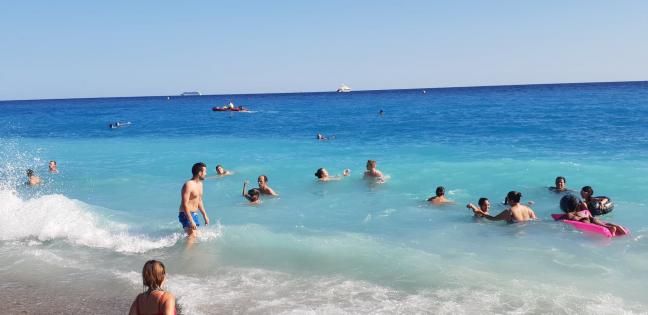Hey,
My name is Vytas and I am currently on a QTEM exchange at EDHEC Business School in Nice, France. I would like to share my experiences of living in the French Riviera as well as studying at one of the best finance programmes in the world. I hope that those interested in QTEM and EDHEC will find this information useful.
Life in Nice
Nice is not a large city so it was actually easy to adapt to the lifestyle, especially after living in similar size cities before. Nice is situated on the coast of the Mediterranean Sea, in the very south of France, close to the border with Italy. The location itself is great because it allows visiting cities such as Cannes, Milan, Geneva, even Monaco in no time. However, people coming from Finland will probably appreciate the weather rather than location. At the end of November, it is still pretty warm and some days may resemble a summer time.
Going around the city is rather is rather easy but not as easy as in Helsinki Helsinki. For example, some areas may have only a few lines of busses which means that they are over-crowded in the morning and afternoon. It is also not as reliable in terms of arrival times and some buses stop operating just before 10 pm. In general, the locals seem to settle in here early and once the summer season is over, the city may look empty at only 8 pm on a business day.
I am pretty sure that you have heard about communication difficulties in France if one does not know French. Well, at least from my own experience, they are true. Therefore, my advice is to take a French class at EDHEC as those few learnt French words will ease your life here. Good thing is that you do not really need to interact with any authorities here that much. During the welcome days, EDHEC invited representatives from public transport, insurance companies, and you could do all the necessary paperwork almost immediately after arriving.
EDHEC Business School and the M.Sc. Finance Programme
The school itself is rather modern. For instance, it has an app where you can be notified of upcoming lectures, homework; see the entire course-related material, your absences. Regarding the latter, you are not allowed to have unjustified absences. Interestingly enough, you actually have to badge yourself in every class. Only then you are considered as present and you do not have to justify the absence. Additionally, the school is located right next to the airport so you can just look at planes landing and taking off all day.
I would like to draw the key highlight to the M.Sc. Finance programme itself. According to the Financial Times, it is currently ranked as the third-best Finance programme in the world. All the courses with no exception are very practical. As far as I understood, barely any of our teachers are actual researchers; most of them are just professionals working in their field for a long while.
Here is the list of the courses I have to take this fall semester:
- Advanced Excel and VBA Programming
- Bloomberg Market Concepts
- Corporate Finance
- Financial Accounting and Analysis
- Intercultural Seminar
- Money and Capital Markets
- Options, Futures and Other Derivatives
- Python for Finance
- Quantitative Methods in Finance
- Valuation
- Values, Cooperation and Trust
After looking at this list, you may be wondering how is it possible to have 11 courses in a semester (well, technically it is only 9 courses, as Values, Cooperation and Trust and the Intercultural Seminar are not that demanding). First of all, I am not sure whether it is an EDHEC specific or national wide system but classes here account for fewer ECTS than at Hanken. For example, classes such as Python and Excel are 1.5 ECTS while Corporate Finance, for example, 3.5 ECTS. However, this does not mean any less work. Actually, in terms of hours they are like any regular 6 ECTS course we are used to at Hanken. Second of all, all the courses with no exception are very practical. Eight out of nine courses listed above involve a course project which usually constitutes for around 20-30 per cent of the final grade. Additionally, one class here is actually 3 hours with 15-20 minutes break after 1.5 hours. Actually, they are not called lectures but are actual sessions. For example, Python is a 15 hours course, meaning that we had 5 sessions or around 8-9 regular Hanken like lectures. Again, that is 1.5 ECTS course!
How to cope up? It is pretty difficult but manageable. The hardest part is that the autumn semester is rather short and most of the lecturers fly in just to teach so the classes are adapted to their schedule. At the moment, there are only around 20 days left until the end of the semester and I have barely finished 4 courses from the list. That is how tight the schedule could get.
Regardless of the intense schedule, the courses are very practical and I think that is the key difference compared to Hanken courses. I feel like I have been given an opportunity to apply the theoretical foundations learned at Hanken in various case studies and projects. For instance, in a relatively short time, I was able to learn and work on interesting VBA as well as Python projects. Regarding the former project, our final task was to build a program that would simulate prices of options under the Monte Carlo method. In the Python course, we had to create a code that would allow us to compare three possible investments given their expected future cash flows and changing economic conditions. In the Corporate Finance course, we had to solve a case of Berkshire Hathaway’s purchase of newspaper business. Quantitative Methods in Finance course involved analysing the simple regression, ARMA, and GARCH models based on real market data. I think you can get the idea.
Additionally, a very interesting and real value adding course is Bloomberg Market Concepts. It is a self-paced, around 10 hours online course of a visual introduction to the financial markets after which you are rewarded a Bloomberg certificate which you can add to your CV. For this course, you will work in a Bloomberg class where computers with Bloomberg terminals are located.
As you can see, the QTEM provides a great chance for you to study at the best universities around the world. Overall, the best thing about this particular exchange programme is the fact that in one semester I will be able to complete half of the whole Finance programme as it runs only for a year. This provides a huge added value to my Hanken’s degree as I can diversify my field of expertise from a practical perspective. Thus, if you have any question regarding the QTEM programme or studies at EDHEC in Nice, feel free to contact me.
You can also check out some pictures from my time in Nice below.
Vytas
